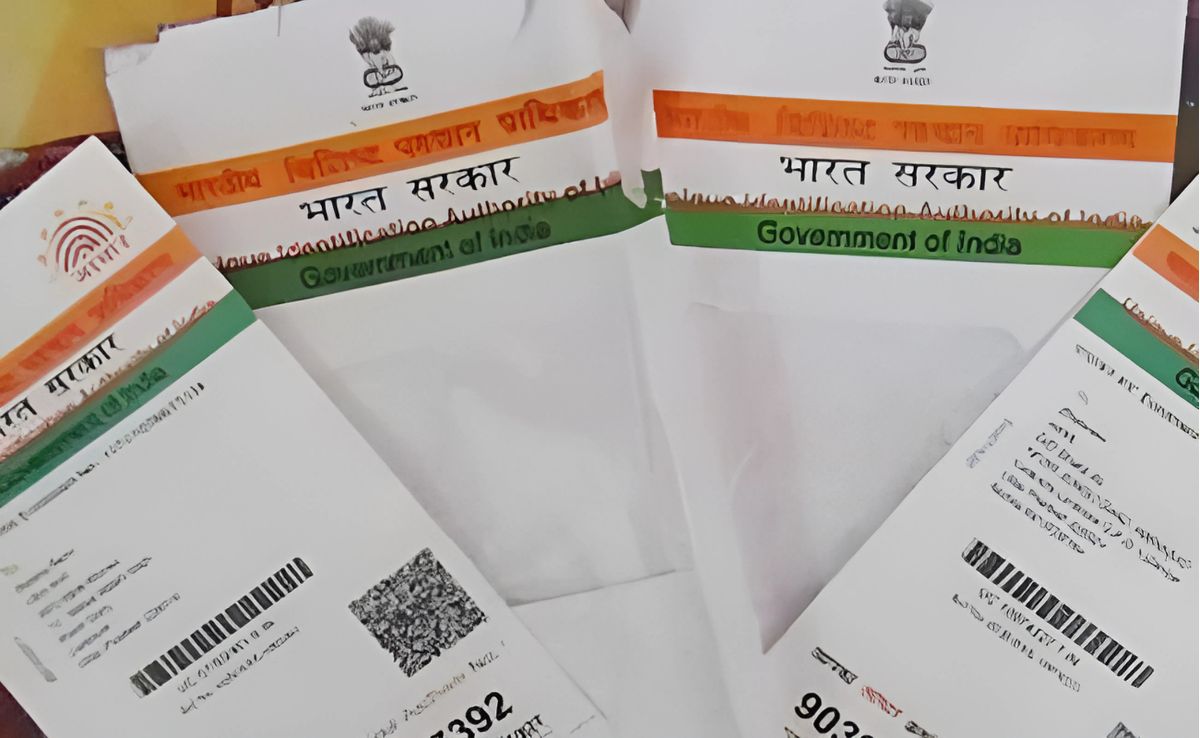
The results of the Election Commission's ongoing 'special intensive revision' of the Bihar voter list can be set aside - as late as September, two months before the Assembly election is expected in the eastern state - if illegality is proven in the process, the Supreme Court said Tuesday afternoon.
The assurance was in response to arguments about the authority of the Election Commission - which sought 11 documents from Bihar residents to re-verify themselves as voters - to establish that fact.
The EC had earlier said voters cannot use commonly accepted government IDs, like the Aadhaar (and its own identity card), to establish citizenship and re-verifiy themselves, as these were proof of identity only. The poll panel also noted such documents are easier to forge than those on its list.
When the top court remarked today the poll body was right in saying an Aadhaar card is not definite proof of citizenship, the petitioners argued that such was not their case. They said their case was about the illegality of the process and questions over the poll body's jurisdiction to determine citizenship.
Senior advocate Abhishek Singhvi, appearing for Rashtriya Janata Dal MP Manoj Kumar Jha, said the question was - 'does the EC have the right to establish citizenship in the first place?'
The right to grant (or revoke) citizenship lies with the Home Ministry, he pointed out.
"They (i.e., the Election Commission) say that Aadhaar is not enough to determine citizenship... but they don't have the authority to decide citizenship..." Mr Singhvi said.

The EC has argued an Aadhaar is not proof of citizenship (File).
"The court had said they only need to ascertain identity ... you cannot have a system where citizenship is doubted for five crore people. The presumption is they are valid citizens unless they (i.e., the government) removes them. The EC was never intended as 'policeman of citizenship'."
In response Justice Surya Kant then pointed out that while the government is responsible for citizenship, "... exclusion of non-citizens from electoral rolls is within the remit of the EC."
"Yes! (If I am not a citizen) I can be stopped (from appearing on the voter list) till I get citizenship. But if I am already on the electoral roll... then how can the EC determine?" Mr Singhvi replied.
It was then the court remarked, "If they declare five crore invalid... we are sitting here."
While not a verdict on the Election Commission's contentious re-verification of nearly eight crore voters months before an election, the remarks are a big positive for opposition leaders and activists who have challenged the exercise's constitutional premise and legal validity.
READ | "Abhi picture baaki hai": Rahul Gandhi's Teaser After Vote Row Protest
It is also a boost for an opposition that - led by Rahul Gandhi and his PowerPoint presentations - has accused the EC of having colluded with the ruling Bharatiya Janata Party to commit voter fraud in Karnataka and Maharashtra last year, and is trying to do the same in Bihar this year.
The opposition has argued, vociferously, that the 'special intensive revision' of Bihar's voter lists is a smokescreen behind which lakhs of people - from marginalised communities and who, the opposition insists, traditionally vote for the Congress or its allies - are being disenfranchised.
READ | "New Wine, Old Bottle": Poll Panel Jabs Rahul Gandhi In Voter Fraud Row
The Election Commission has, just as vociferously, denied collusion with the BJP, insisting the 'special intensive revision' is meant to 'purify' the roll by weeding out ineligible voters; these include people who have died or no longer live in Bihar and people registered multiple times.
It has also snapped back, repeatedly and fiercely, at Rahul Gandhi's PowerPoint presentations and allegations, and demanded proof and a signed affidavit of the Congress MP's complaint.
The BJP has also hit back. In Bihar last week, Home Minister Amit Shah mocked the Congress and Rahul Gandhi's allegations, labelling them an early excuse for defeat in November.
READ | What Poll Body Told Top Court On 'Exclusion Of Voters From List' Claim
So far over 65 lakh people, including many from Nepal, Myanmar, and Bangladesh, who found a way to be added to India's electoral roll, have been cut from the list, the EC said earlier.
NDTV is now available on WhatsApp channels. Click on the link to get all the latest updates from NDTV on your chat.
Track Latest News Live on NDTV.com and get news updates from India and around the world

